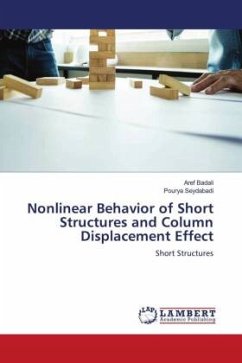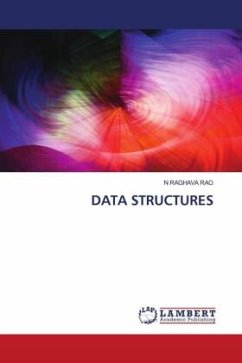
Economic Structures of Antiquity

PAYBACK Punkte
63 °P sammeln!
The economy of the ancient Middle East and Greece is reinterpreted by Morris Silver in this provocative new synthesis. Silver finds that the ancient economy emerges as a class of economies with its own laws of motion shaped by transaction costs (the resources used up in exchanging ownership rights). The analysis of transaction costs provides insights into many characteristics of the ancient economy, such as the important role of the sacred and symbolic gestures in making contracts, magical technology, the entrepreneurial role of high-born women, the elevation of familial ties and other departu...
The economy of the ancient Middle East and Greece is reinterpreted by Morris Silver in this provocative new synthesis. Silver finds that the ancient economy emerges as a class of economies with its own laws of motion shaped by transaction costs (the resources used up in exchanging ownership rights). The analysis of transaction costs provides insights into many characteristics of the ancient economy, such as the important role of the sacred and symbolic gestures in making contracts, magical technology, the entrepreneurial role of high-born women, the elevation of familial ties and other departures from impersonal economics, reliance on slavery and adoption, and the insatiable drive to accumulate trust-capital. The peculiar behavior patterns and mindsets of ancient economic man are shown to be facilitators of economic growth. In recent years, our view of the economy of the ancient world has been shaped by the theories of Karl Polanyi. Silver confronts Polanyi's empirical propositions with the available evidence and demonstrates that antiquity knew active and sophisticated markets. In the course of providing an alternative analytical framework for studying the ancient economy, Silver gives critical attention to the economic views of the Assyriologists I.M. Diakonoff, W.F. Leemans, Mario Liverani, and J.N. Postgate; of the Egyptologists Jacob J. Janssen and Wolfgang Helck; and of the numerous followers of Moses Finley. Silver convincingly demonstrates that the ancient world was not static: periods of pervasive economic regulation by the state are interspersed with lengthy periods of relatively unfettered market activity, and the economies of Sumer, Babylonia, and archaic Greece were capable of transforming themselves in order to take advantage of new opportunities. This new synthesis is essential reading for economic historians and researchers of the ancient Near East and Greece.













